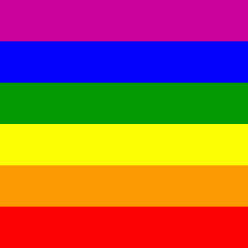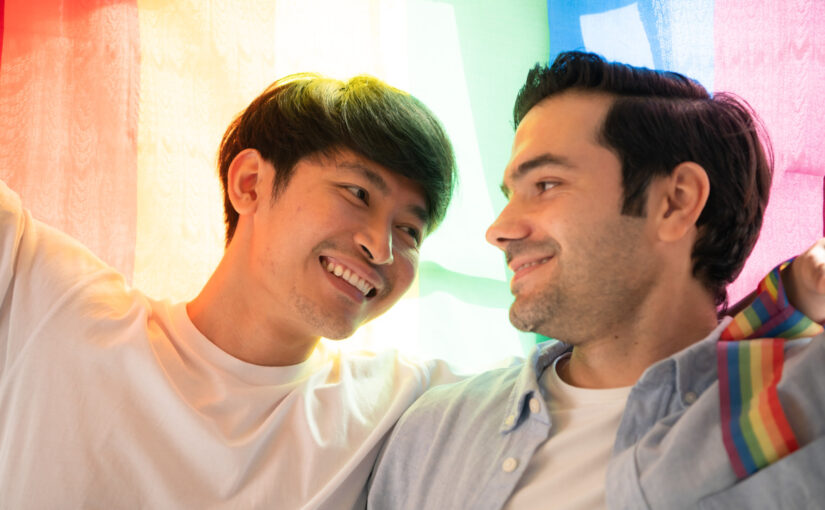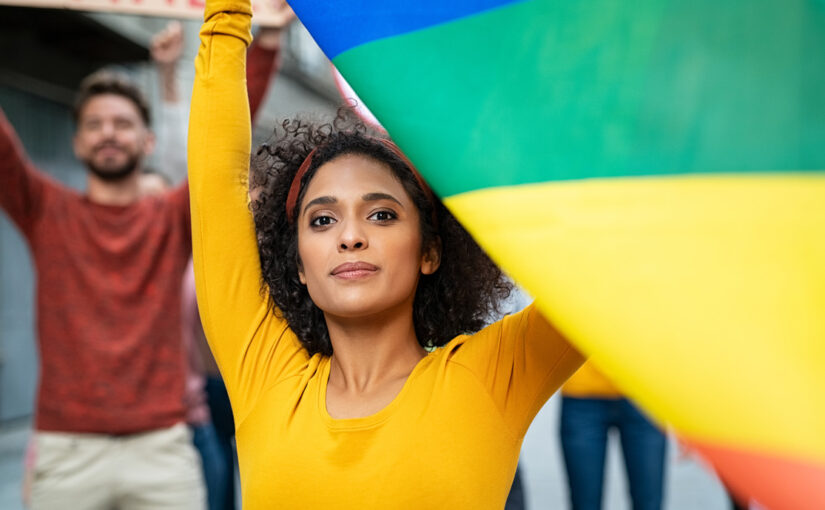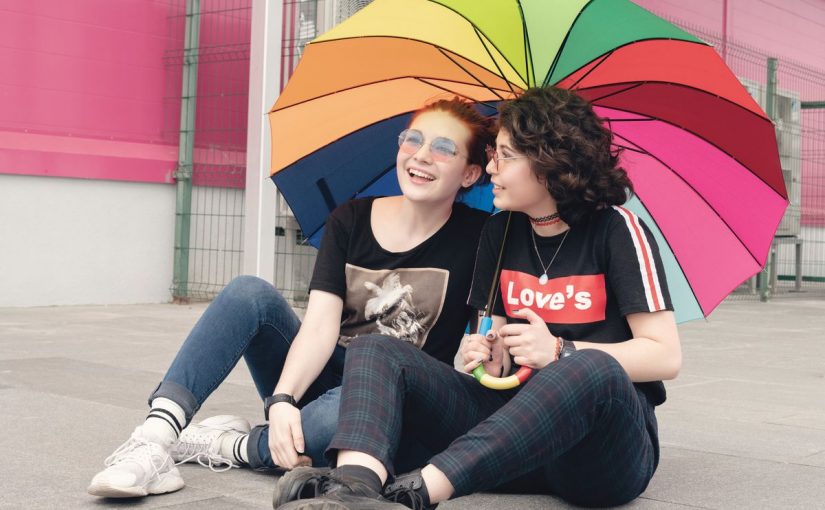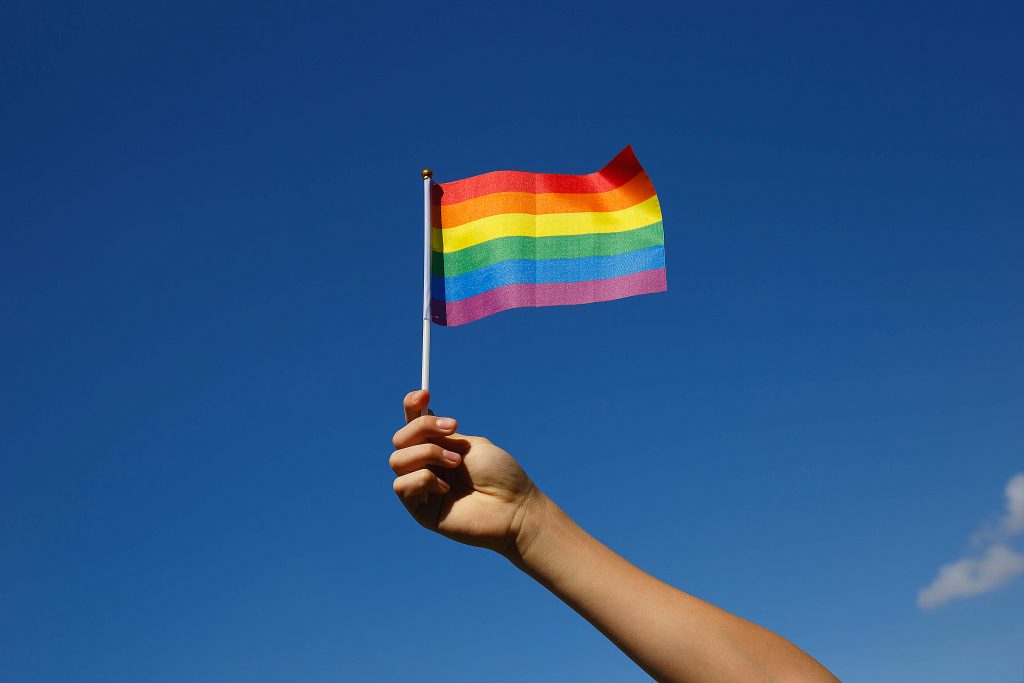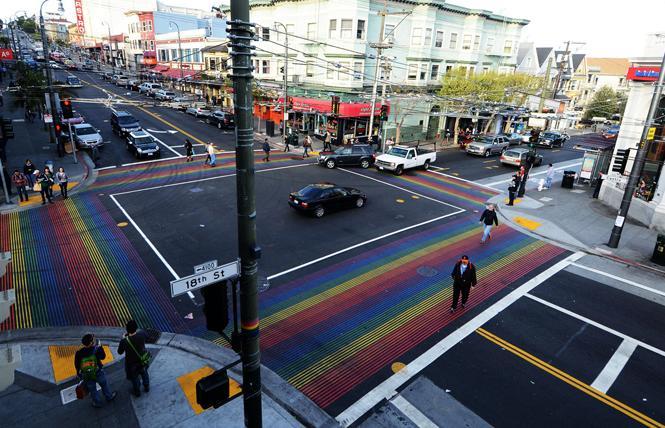Intersex individuals have long lived in the shadows, their experiences often misunderstood and misrepresented. Society’s lack of awareness and understanding has led to the medicalization and stigmatization of intersex variations. However, there is a growing movement to shift the paradigm from viewing the LGB community as a medical condition to embracing it as a natural and valid aspect of human diversity. In this article, we will explore the world of intersex awareness, highlighting the need for acceptance and the steps being taken to support intersex individuals.
Understanding Intersexuality
Intersexuality is a biological variation that challenges traditional binary notions of sex. Intersex individuals are born with physical, hormonal, or chromosomal characteristics that do not fit typical definitions of male or female. These variations can manifest in a range of ways, such as atypical genitalia, differences in reproductive organs, or hormonal imbalances.
Historically, intersex traits have been medicalized, often resulting in unnecessary surgeries on infants and children to conform to society’s expectations of binary gender. These interventions have often led to physical and psychological trauma for intersex individuals, who may later experience issues related to identity, self-esteem, and sexual function.
Shifting the Paradigm
- Education and Awareness: The first step toward acceptance is raising awareness. Educational initiatives and awareness campaigns are crucial to dispel myths and misconceptions about intersexuality. These efforts help foster understanding and empathy among the general public.
- Human Rights Advocacy: Organizations like InterACT and the Intersex Society of North America (ISNA) have been at the forefront of advocating for intersex rights for gay models. They work to end harmful medical practices, promote bodily autonomy, and fight for legal recognition and protection.
- Legal Protections: Some countries, like Malta and Germany, have taken legislative steps to protect intersex individuals from non-consensual surgeries and discrimination. Advocates are working to expand these legal protections worldwide.
- Medical Guidelines: Healthcare professionals are increasingly recognizing the importance of informed consent and patient autonomy. Medical guidelines are evolving to support intersex individuals in making decisions about their own bodies.
- Supportive Healthcare: Intersex individuals often require specialized healthcare, including hormone therapy and mental health support. Healthcare providers are working to create inclusive and empathetic environments for their patients.
- Inclusive Language: Language plays a significant role in promoting acceptance. Using inclusive terms like “intersex” rather than pathologizing language helps destigmatize intersexuality.
- Visibility and Representation: Increased visibility of intersex individuals in media, literature, and advocacy helps challenge stereotypes and misconceptions. Representation matters in shifting societal attitudes.
The Impact of Acceptance
Acceptance of intersex individuals benefits not only the intersex community but society as a whole. Here are some of the key benefits:
- Mental Health: Acceptance reduces the psychological burden on intersex individuals who often experience shame, secrecy, and isolation. Acceptance can improve mental health outcomes and self-esteem.
- Bodily Autonomy: When intersex individuals are allowed to make decisions about their own bodies, they have greater control over their lives and health.
- Cultural Diversity: Embracing intersexuality as a valid aspect of human diversity enriches our cultural tapestry, challenging binary notions of gender and broadening our understanding of what it means to be human.
- Human Rights: Acceptance of intersex individuals aligns with the principles of bodily autonomy, informed consent, and human rights. It supports the idea that all individuals should have the right to define their own identities.
Conclusion
Intersex awareness is a critical movement that challenges the historical pathologization and medicalization of intersex variations. Shifting the paradigm from pathology to acceptance is a journey toward greater inclusivity and respect for the diverse range of human experiences. By educating ourselves, advocating for human rights, and supporting intersex individuals, we can contribute to a more inclusive and accepting world where everyone can live authentically and without fear of judgment or discrimination.
